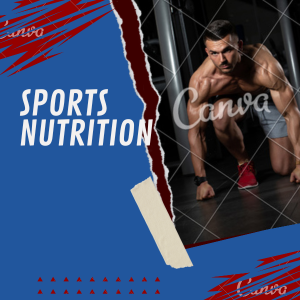When it comes to sports nutrition, recommendations are highly individualized based on a number of factors, including your sport, position, training experience, and on/off-season status.
However, a good amount of sports nutrition advice is applicable to most athletes, regardless of their sport.
To support high intensity training or competition, you’ll want to focus on consuming a variety of nutrient-dense foods from the five basic food groups:
- fruits
- vegetables
- grains
- lean proteins
- low fat dairy or dairy alternatives
In general, the foods you choose should be minimally processed to maximize their nutritional value. You should also minimize added preservatives and avoid excessive sodium.
It’s OK to consume prepared convenience foods on occasion. Just make sure the macronutrients are in line with your goals.
Here are the main things to focus on when building a high performance eating plan:
- Include a wide variety of fruits and vegetables that provide important vitamins, minerals, and phytonutrients.
- Prioritize whole grains over refined grains, making at least half the grains you eat whole.
- Include a variety of lean proteins such as chicken, pork, fish, turkey, eggs, soy products, and meat alternatives.
- Increase your intake of low fat dairy or dairy alternatives.
- Use oils such as olive oil instead of butter and margarine to boost your intake of healthy fats.
- Regularly include wild-caught fatty fish such as salmon in your diet to ensure good omega-3 intake, if you don’t eat fish, seek out plant-based omega-3s such as chia seeds and walnuts.
- Focus on foods that are high in potassium, fiber, calcium, and vitamin D, as these nutrients tend to be lacking in traditional diets.
By starting out with these basic eating principles, you’ll be well on your way to building a high performance diet and supporting your training through nutrition.

